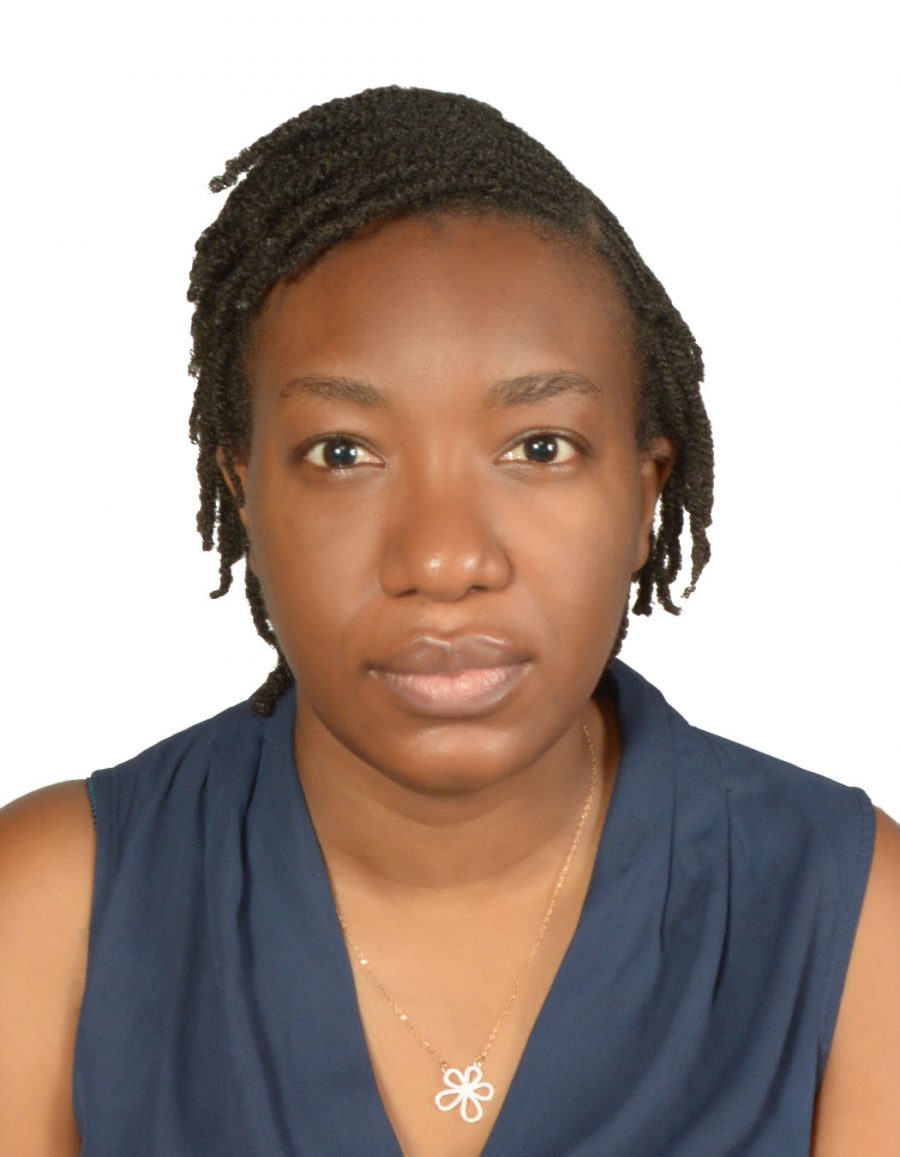Protecting the Anesthetist
"The most devastation came from the uncertainty that was associated with being on the frontline." Dr. Igaga talks about protecting the anesthesia workforce in Uganda.
Dr. Igaga is a Ugandan anesthesiologist and lecturer at the Department of Anesthesia and Critical Care, College of Health Sciences, Makerere University. She also serves as Treasurer of the Association of Anesthesiologists of Uganda (AAU) and one of the inaugural fellows of the Patient Safety Movement Foundation, Healthcare Safety Fellowship. Dr. Igaga belows talks about her work in protecting the anesthesia workforce in Uganda.
 “From a World Federation of Societies of Anesthesiologists (WFSA) workforce survey, we know that we have less than five physician anesthesia providers per country in low- and middle-income countries. The Lancet Commission recommends about 20 surgical anesthesia and obstetric physician providers per 100,000 population. In my country, Uganda, we have about 0.18 physician anesthesia providers per 100,000. And even when you add non-physician providers to this number, the number is still a far cry from the Lancet Commission’s recommendation. Anesthesiologists in my country, as is in other places, also double as ICU physicians, so we don’t really know how big the problem is, but this is just an attempt for us to quantify it.
“From a World Federation of Societies of Anesthesiologists (WFSA) workforce survey, we know that we have less than five physician anesthesia providers per country in low- and middle-income countries. The Lancet Commission recommends about 20 surgical anesthesia and obstetric physician providers per 100,000 population. In my country, Uganda, we have about 0.18 physician anesthesia providers per 100,000. And even when you add non-physician providers to this number, the number is still a far cry from the Lancet Commission’s recommendation. Anesthesiologists in my country, as is in other places, also double as ICU physicians, so we don’t really know how big the problem is, but this is just an attempt for us to quantify it.
The past one and a half years came with even bigger problems for us with our already meager human resources. The patients we received in the wake of the ongoing COVID-19 pandemic were critically ill, and therefore there was an increased demand on the skill set that we have. In addition, we had to work long hours in poorly resourced settings in terms of infrastructure, and with limited availability of PPE. However the most devastation came from the uncertainty that was associated with being on the frontline. We asked ourselves questions, like: what happens if I fall sick? What happens to my family? How are my bills going to be paid?
However, the pain of losing close friends, relatives and colleagues was unbearable. So, we started asking ourselves different questions and figuring out what we could do to help each other. We’ve been advocating for shorter shifts, just to ensure that people have time to rest in between the shifts that they have to do. But we’re also trying to ensure that the anesthetist does not work alone.The Association of Anesthesiologists of Uganda and its partners have set up a call center to support anesthesia providers wherever they are, especially in the rural areas. If we cannot be there physically, we shall be there virtually. We’re also advocating for incentives, not only financial incentives, but other incentives that help the anesthetist and the other health workers feel like what they are doing makes a difference. The work we do needs to feel rewarding. A recent study done on important job attributes of physician anesthesia providers in rural areas revealed that most physician anesthesia providers would be comfortable with the presence of a colleague and quality infrastructure in the areas that they work.We are advocating for hot debriefs. What this means is when an incident occurs, it is talked about and analyzed at the earliest possible time, and not kept and shelved and dealt with as a cold case. This helps us plan better, it helps us learn from the situation and also relieves the mental stress of thinking about what you could have done better or what you could have done differently over and over again, until such a time when the issue is solved or talked about.
We’re advocating for resourcing work environments better. The pandemic opened up a gap and just showed us how we hadn’t, as a country, invested in infrastructure for our healthcare system.
The AAU and its partners have done a bit of work in operationalizing ICU at the regional referral hospitals. This is ongoing work, and we think that it’s going to make a very big difference.We are continuing to advocate for opportunities for training. The AAU and the Ministry of Health in Uganda are working together to provide scholarships for the students who would like to come back to school as anesthesia residents. The WFSA has been gracious enough to offer quite a number of anesthesiologists from Uganda fellowships to go and improve themselves and come back later and pass that knowledge on to the people in their hospitals and operating rooms.Opportunities, like attending international conferences, have helped us learn, network, meet people and be able to compare notes and see how to do things better when we get home. We are putting guidelines and protocols in place just to aid in decision-making, so that that’s not a burden that has to lie on only one person. If protocols are in place, they make life easier.Every anesthesia provider needs to belong to our community, professionally and socially, and have a place where they can safely and openly exchange ideas, vent, be supported and be encouraged.So, ask yourself: how do we protect the anesthetist?To read about Lifebox’s work supporting healthcare workers to provide safer surgical, anesthesia, and COVID-19 care during the pandemic, head here and to learn more about Lifebox’s safer surgery and anesthesia work click here.

